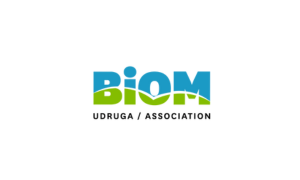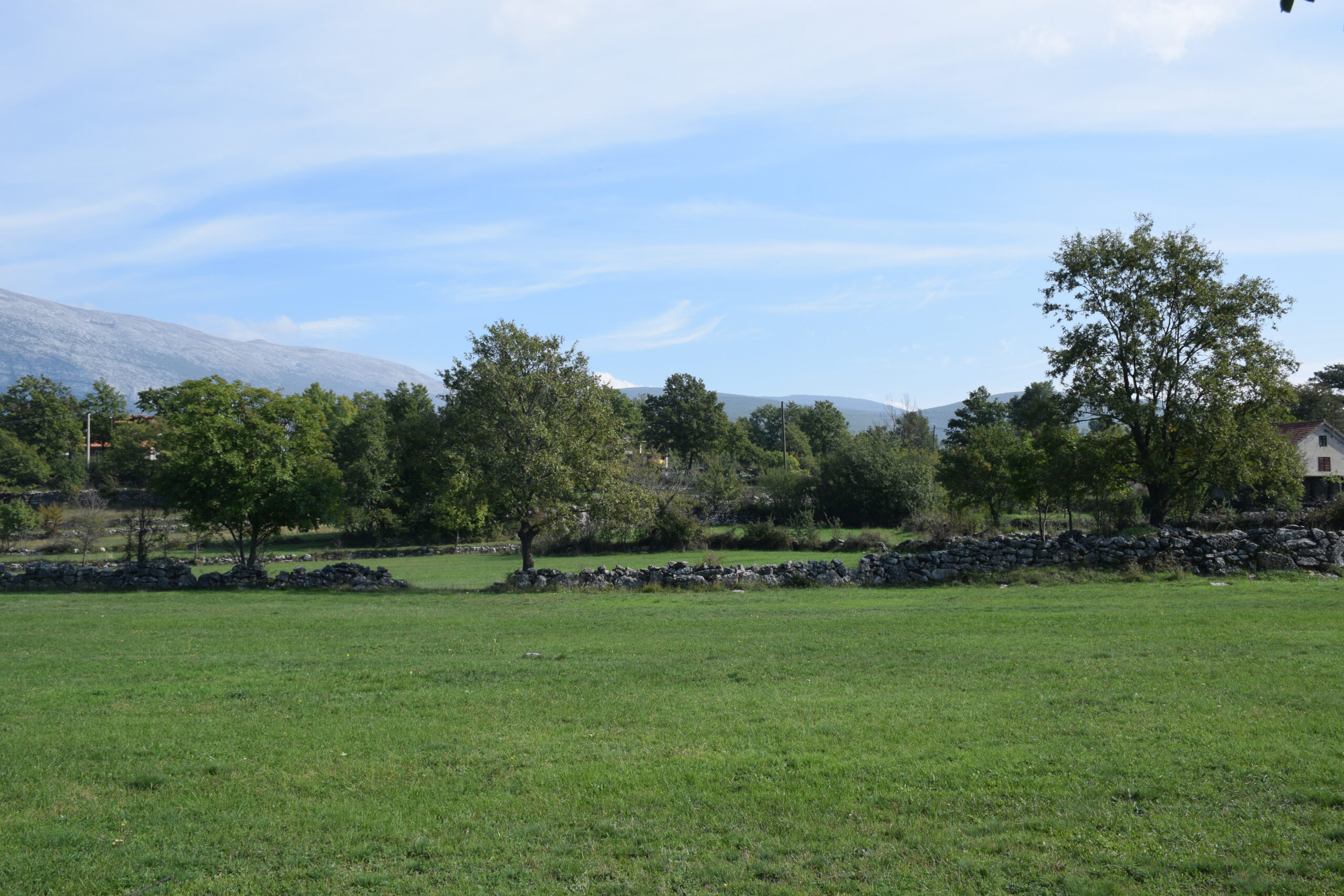Full project title:
Public Involvement in Environmental Impact Assessment Procedures During Pandemic Conditions
Duration:
June 1, 2020 – November 30, 2020
Total value: €664,910
Funds provided for Association BIOM activities: €2,282.93
Active Citizens Fund in Croatia: €2,056.17
Own contribution: €226.76
Project lead: Association BIOM
Partners:
Croatian Association of Nature and Environmental Protection Experts (HUSZPO)
Contact person:
Luka Škunca, luka.skunca[at]biom.hr, Project Manager

Project goals
The goal of the project was to improve the quality of public consultations, with a focus on public presentations under the new circumstances caused by the COVID-19 pandemic, including the development of improvements that could be applied once the pandemic situation subsides.
The expected outcome was to ensure continuity in informing and involving the public in the procedures of the Main Assessment of the Acceptability of Interventions for the Ecological Network (GOPZEM) and Environmental Impact Assessments (including Strategic Environmental Assessments) (EIA and SEA), in accordance with the guidelines developed through the project.
The long-term impact of the project is raising public awareness of the importance of monitoring and participating in environmental protection procedures, strengthening democratic dialogue and cross-sectoral cooperation (public, civil, and business sectors), and increasing awareness of the potential use of new two-way communication channels with the public in implementing environmental protection processes.
Project summary
Public participation in decision-making on activities that affect the environment represents one of the most important mechanisms of environmental protection. Special attention is given to environmental impact assessment procedures (including strategic assessments) and the assessment of the acceptability of projects for the ecological network, both of which involve the public and interested stakeholders through public consultations (public access and public presentations).
This project aimed to create a framework for the smooth implementation of public consultation procedures in environmental decision-making under the new circumstances caused by the COVID-19 pandemic.
The project involved an advisory team composed of civil society organizations, authorized experts, investors, regional government bodies, and the Ministry of Economy and Regional Development, as well as additional stakeholders such as the Faculty of Law, the Office of the Ombudsperson, and the Information Commissioner’s Office. Stakeholders participated through a survey and a series of online workshops.
Through three online workshops, all participants had the opportunity to clearly express their opinions, positions, and experiences related to public participation in consultations—both under pandemic conditions and beyond. The outcome of these workshops was a Guidelines Document that includes a section specifically addressing pandemic-related circumstances, while the rest of the document provides general recommendations for improving public engagement in consultations, successfully integrating diverse perspectives on this issue.
The final version of the Guidelines also includes an annex compiling relevant literature and recommendations that go beyond the pandemic context but are essential for ensuring adequate public participation in environmental consultations. These include recommendations for transparent involvement, improved public engagement, and proposals for developing a new Regulation on Public Information and Participation of the Public and Interested Public.
This project provides a framework for the long-term improvement of the system of public participation in environmental decision-making by fostering consensus on methods, approaches, and tools that enable transparent and effective involvement of the public and interested stakeholders in consultations—especially regarding public presentations under pandemic conditions.


The project is co-financed by the Active Citizens Fund in Croatia as part of the European Economic Area and Norwegian Financial Mechanisms 2014–2021, funded by Iceland, Liechtenstein, and Norway.




